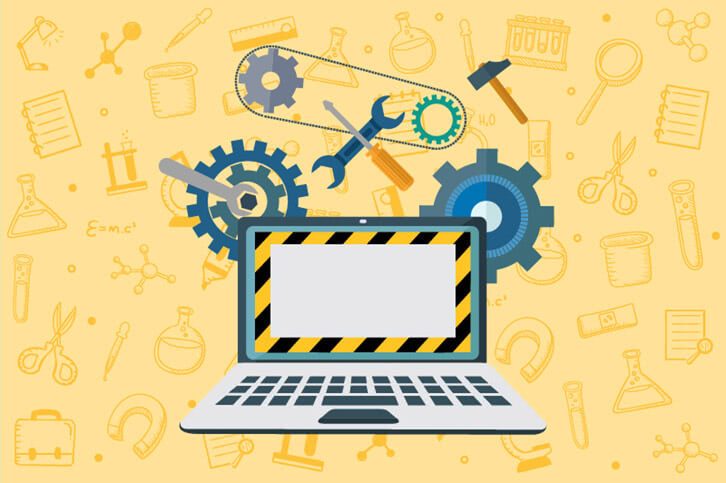What is an Automation Engineer?
An Automation Engineer uses technology to oversee or manage the manufacturing process. The aim of this is technology is to streamline the manufacturing process to make it as efficient as possible while still maintaining product quality and adhering to internal protocols and external regulations.
For any relevant step in the manufacturing process, an Automation Engineer can be tasked with designing, simulating, installing, testing and managing an electrical or mechanical automation. This automation will typically result in a machine or robotic element carrying out the process.
Automation Engineering is a vital part of today’s pharmaceutical and medical device industries as it promotes streamlining of processes, which can lead to a more cost-effective and efficient system.
What Does an Automation Engineer Do?
Automation Engineers develop and apply the technological principles needed to control or monitor the manufacturing process. They can be involved in developing and designing the concept, testing, installation and monitoring of automation processes.
Safety of the facility and its staff as well as product quality, are key concerns of professionals in this area. All automation work has to adhere to internal company SOPs, as well as external industry regulations.
The specific skills and knowledge needed will vary widely between roles depending on the manufacturing processes involved and the product being produced. General tasks can include:
- Identification of new opportunities for automation within the manufacturing process
- Management of a project team
- Designing new automation equipment or processes
- Simulating and testing these processes or equipment to ensure they function as desired
- Writing reports for senior colleagues outlining new concepts, testing outcomes and ongoing efficiency
- Programming new automated components to the manufacturing process
- Developing and maintaining clear and accurate documentation of automation equipment or processes
- Staff training where necessary – typically after implementing new processes or equipment, or making changes to existing ones
- Troubleshooting automated processes or equipment when errors occur
Becoming an Automation Engineer
A Bachelors degree in an engineering discipline is the typical entry route into Automation Engineering roles. There are more specialised qualifications available for individuals within the field or those who are looking to supplement a less relevant base qualification.
The ideal skill set for someone moving into Automation Engineering roles includes:
- Excellent computer skills – particularly in programming and software development. Many aspects of the role of an Automation Engineer require the use of a computer
- Communication skills – will need to be able to explain novel and complex ideas to stakeholders of all levels and within multidisciplinary teams. Written communication skills will also be needed for record keeping and documentation, a key part of these regulated industries
- Problem solving and creative thinking – will be required to troubleshoot problems as they arise and find effective solutions
- Organisational skills – to map out projects, prioritise workload and keep accurate documentation
- Flexibility & Adaptability – has to be able to keep up with latest techniques and technologies as they develop
Automation Engineer Salaries in Singapore
Automation Engineer salaries in Singapore are extremely competitive. Employees with 1-5 years of experience typically earn $39,000 – 75,000.
Other Articles in This Series:
What is a…
- Automation Engineer
- Laboratory Technician
- Maintenance Technician
- Packaging Operator
- Process Engineer
- Process Technician
- Project Engineer
- Quality Assurance Associate
- Quality Control Associate
- Validation Engineer
Contact Us
Email: [email protected]
Or call: +(65) 6513 9500
